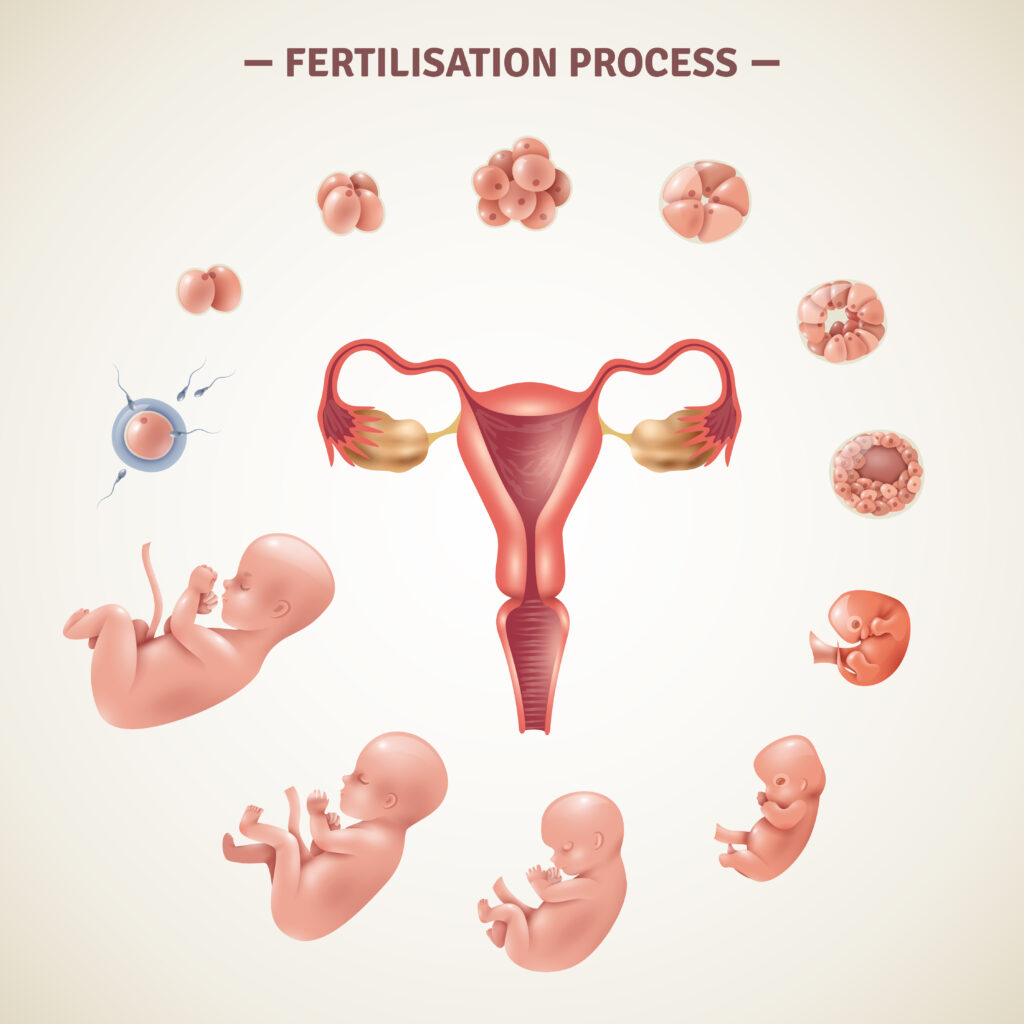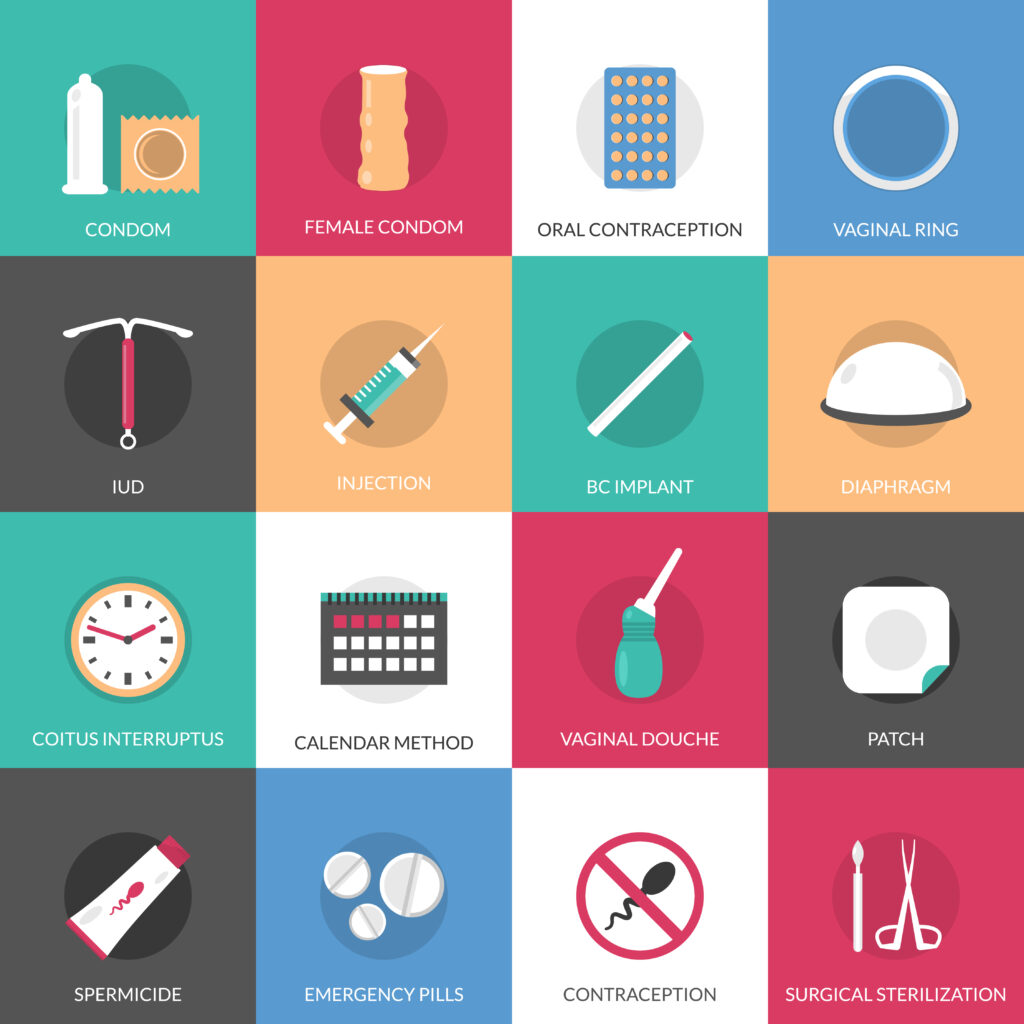Every sexually active woman (or couple) who are not planning for a baby, has had at least one heart-stopping, gut-wrenching moment of waiting, and hoping, for a single line, and not two, to appear on the pregnancy strip.
There are two kinds of people who face such situations:
Those who want to keep the cake, and eat it too – throwing caution to the wind, by indulging in unprotected sex, while still being supremely averse to getting pregnant.
Some are victims of mishap and carelessness – the forgotten pill, the steamy make out session that escalated too quickly, and that one risky session when you could have sworn that you were on the safe side of ovulation.

TIMELINES TO REMEMBER
If you like having sex but tiny tots are not part of your immediate plans, then there are certain facts that you should thoroughly familiarize yourself with:
- The male sperm is viable for 2-5 days inside the female body, following ejaculation.
- The female ovum or egg is viable for only 12-24 hours.
- Day of ovulation- on the average 28-day cycle, ovulation occurs roughly on the 14th day, or two weeks before your periods arrive (marking the beginning of the menstrual cycle). However, very few women enjoy cycles with clockwork precision, as they could vary in length from 21-35 days, and in some cases, even 40 days. Thus, ovulation cannot be identified your cycle length alone.
To know more about ovulation, read How to know if you are ovulating.
- Fertile window – this is a period of six days comprising of the 5 days before ovulation and the day of, when you are most fertile.
Now, before you keep reading further, we advice you to take a moment to digest all of that crucial information, analyze your current intercourse pattern, and reflect on what you can do to make it safer, and more fool-proof against pregnancy.

SAFE SEX DURING PERIODS
Oh yes, you most definitely can get pregnant having sex on your menses, especially if you did the dirty towards the end of the period. Say, ovulation occurred early in that particular cycle, then the 5-day viable period of the sperms inside you, could coincide with the viable period of the ovulated egg, and voila, you’re pregnant!
IS UNPROTECTED SEX EVER SAFE WHEN AVOIDING PREGNANCY
Well, if pregnancy is an absolute no-no for you, then unfortunately, the answer is a big NO. We suggest you find other forms of extreme sports, if it’s the adrenaline-rush that you’re seeking. How does sky diving sound?
Jokes apart, there are some facts that you may rely on, if you are not super-crazy about not conceiving. Assuming that you can get pretty accurate guestimates of your ovulation day, then you should know that chances of fertilization are very low in the days just before your periods. That is, you are in the (tentative) safe stretch from 36-48 hours after ovulation, up until your period starts.
COMMON TYPES OF CONTRACEPTION
If you want to avoid a pregnancy at all costs, then we strongly advice you to use some form of reliable contraception that provides more than 99% protection when used as instructed, in addition to avoiding sex during the risky days of your cycle.

- Barrier method – This includes condoms (male and female), diaphragm, spermicide, sponge and cervical cap, the common concept behind this method being to prevent sperm from entering the cervix. Good quality condoms are the easiest, safest, and most common form of contraception, that provides added protection against sexually transmitted diseases as well.
- Birth control – This works by artificially altering female hormone levels, thereby preventing fertilization from occurring. They come in the form of pills, patches, and injections. Although used by millions of women worldwide, side effects are quite commonly reported.
- Intra-uterine devices/systems – this refers to devices inserted into your uterus that prevents the implantation of the fertilized egg, and thereby pregnancy. They are very effective, however, they do pose a few concerns
With that being said, we register a strong disclaimer here, that all contraceptive methods have some degree of uncertainty. The only absolute form of contraception is to get yours, or your partner’s, tubes tied.
A BRIEF LOWDOWN ON CONCEPTION
Around the 14th day of your menstrual cycle, your ovary shoots out an ovum (egg) into the fallopian tube, which then starts moving down to the uterus. It takes the egg three to four days to make this journey of four to five inches.
However, for fertilization to occur, the male sperm has to meet the egg in the first one-third section of the tube, that is, within 12-24 hours after ovulation. So, if you have unprotected penetrative sex around this time, and millions of healthy fast swimmers are deposited in your cervix, and they find their way up through your uterus and into the fallopian tubes, one of which contains the egg.
Fertilization is successful if one of the little guys succeeds in penetrating the egg with its head, leaving the tail behind, to allow its nucleus to fuse with that of the egg (kind of like a mini replay of microscopic sex). The fertilized egg, now called a zygote, then travels down to the uterus, all the while multiplying itself into a ball of cells called the blastocyst, which embeds itself into the uterine lining (implantation) which, by the way, has been progressively getting thicker, spongier and more bloodier since your last period.
Conversely, if the sperms fail to reach the egg in time, and there is no action, the unfertilized ovum travels down to the uterus in its typical snails’ pace. Once there, along with the now-rendered unnecessary uterine gunk, it is shed as your period.
LAST WORDS
Use some form of reliable contraception, or a combination of more than one method to overcome even the tiny margin of error, and to provide ironclad protection against pregnancy. For instance, yours truly uses a reliable brand of condom, in association with the withdrawal method (a type of natural family planning that involves pulling out before ejaculation, which is not reliable on its own.)
Avoid sex, both safe and unprotected, during the fertile window.
If, however, you and your partner did mess up, and are freaking out about what to do, you may use a form of emergency contraception, ONLY as a last resort, with the guidance of a medical practitioner.

